
Are young men really becoming more conservative?
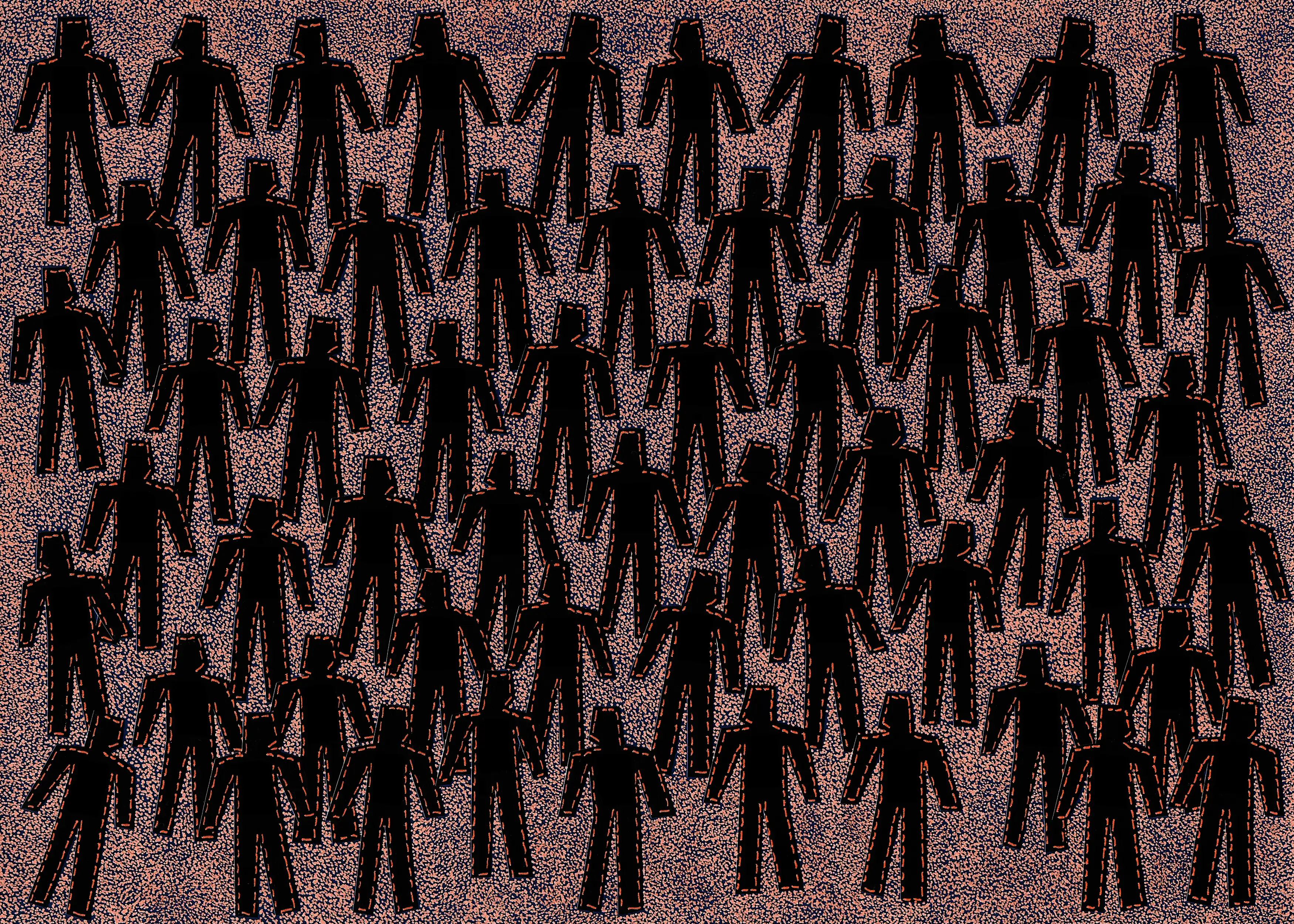
Many young Australians are angry and disenfranchised, not least young men, but stigmatising and demonising them is counterproductive
Published 24 April 2025
What’s up with young men? In Australia and many countries overseas, there has been considerable public discussion on what appears to be an emerging gap between young men and young women when it comes to political attitudes.
The conversation is focusing on the issue of young men apparently becoming more conservative, while young women are more progressive.
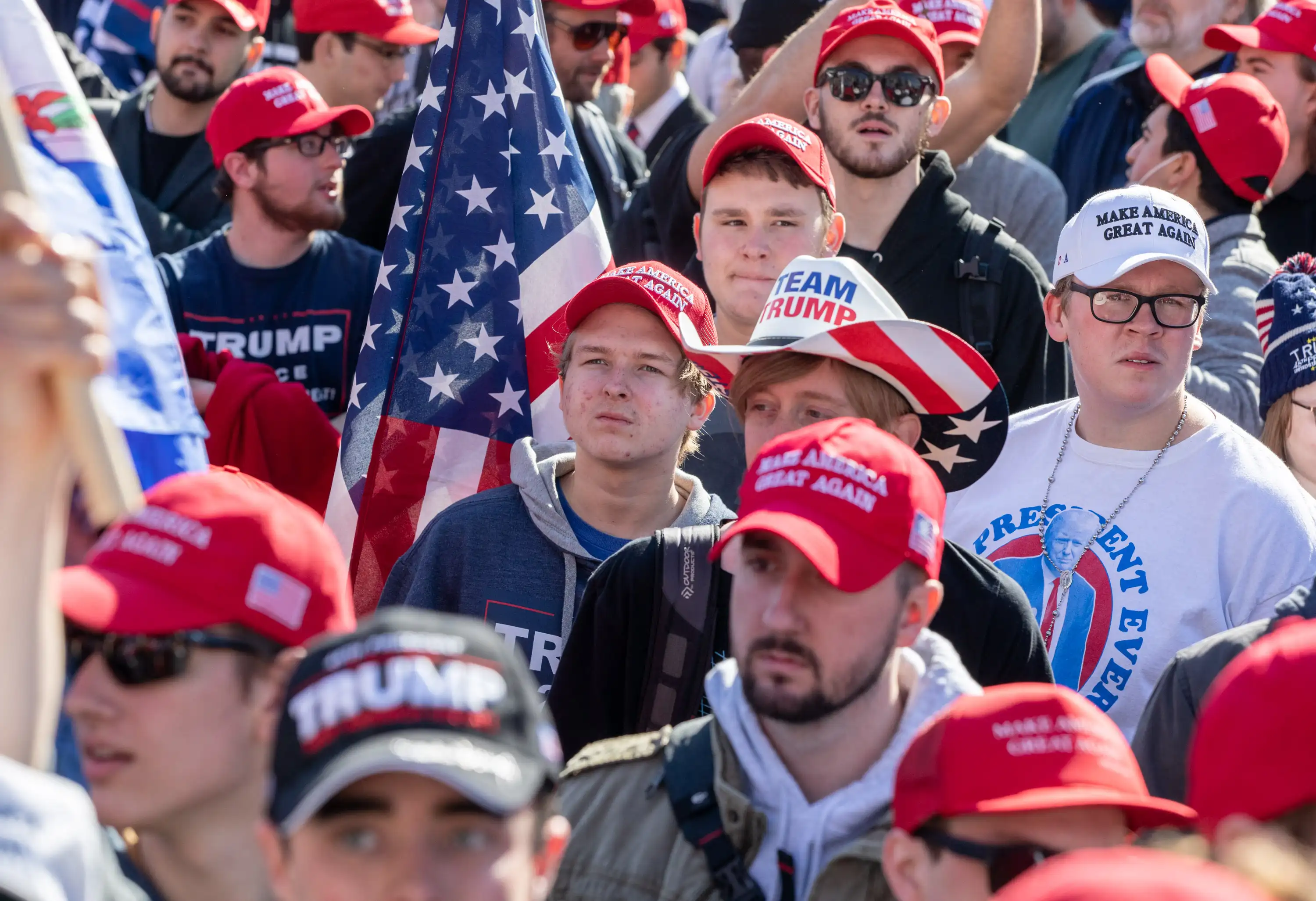
And we’ve seen this purportedly play out in elections.
Right-leaning and populist politicians have begun appealing to young men as a group.
Donald Trump’s 2024 election victory has been credited to his courting of the ‘manosphere’ and podcasters like Joe Rogan. Here in Australia, Federal Opposition leader Peter Dutton, too, has sought to appeal to young men en bloc.
At the same time, streaming series like Netflix’s Adolescence have dramatised the attitudes of young men, flagging the issue as a looming social problem.
Young men, it seems, are constantly in the news, understood mostly as an electoral curiosity – or as a potential social threat.
So, what’s going on?

Harvesting despair
First, to the polling.
Beneath the headlines about young men becoming more conservative and young women skewing progressive, the most comprehensive global polling we have suggests a more complex picture.
Across Europe, both groups are becoming more progressive, but young men are moving more slowly than young women.
In the US, young men and women have, in general, stopped becoming more liberal over the past decade, though they remain more liberal than their parents. But the gap between genders is significant – with young women the most liberal group in the US.
The bottom line is that both groups feel let down by society with a deep sense of despair and disillusion, but they have responded differently.
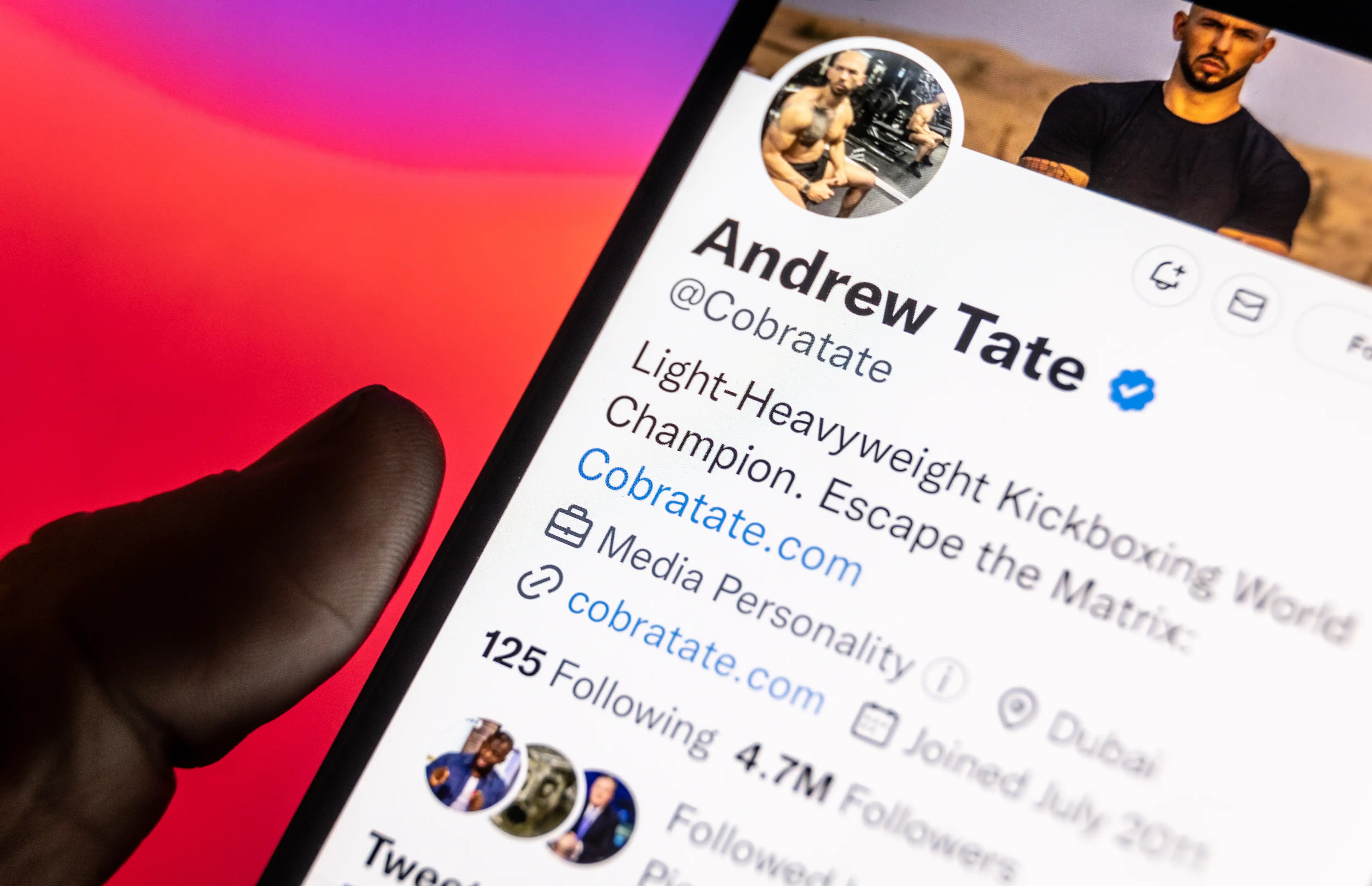
The #MeToo movement and a recognition of stubborn, ongoing gender inequality are credited with pushing many young women to the left. And there’s no doubt that, in the US, anti-abortion legislation is also an important factor in these shifts.
On the other hand, many young men are less concerned with gender equality issues and have instead channelled their sense of despair into opposition to cosmopolitan liberal values.
Some have gone further, pushing for a reassertion of patriarchal ideals that have helped support the rise of the far right across Europe and in the US.
In the background is the rise of the online ‘manosphere’ and ‘manfluencers’.
These men, like Andrew Tate, base their business model on harvesting the despair and powerlessness felt by many young men. They offer validation and a sense of identity to counter the uncertainty many feel.

Health & Medicine
How challenging masculine stereotypes is good for men
And they target women and feminism as the reason for the problems men experience.
Manfluencers aim to re-legitimise gender inequality. They are sufficiently influential that American manosphere celebrity Adin Ross, was namechecked from the podium during Donald Trump’s 2024 victory celebrations.
Masculinity is back, albeit a ‘fragile masculinity’, based on the overperformance of stereotypically masculine traits.
The influence of ‘manfluencers’
We’re seeing the return of masculinity in mainstream culture; whether it’s Meta chief Mark Zuckerberg telling podcaster Joe Rogan that corporations need more “masculine energy” having become “culturally neutered”, or Elon Musk reposting an old meme about how “women and low-T [low testosterone] men should be excluded from democratic decision making”.
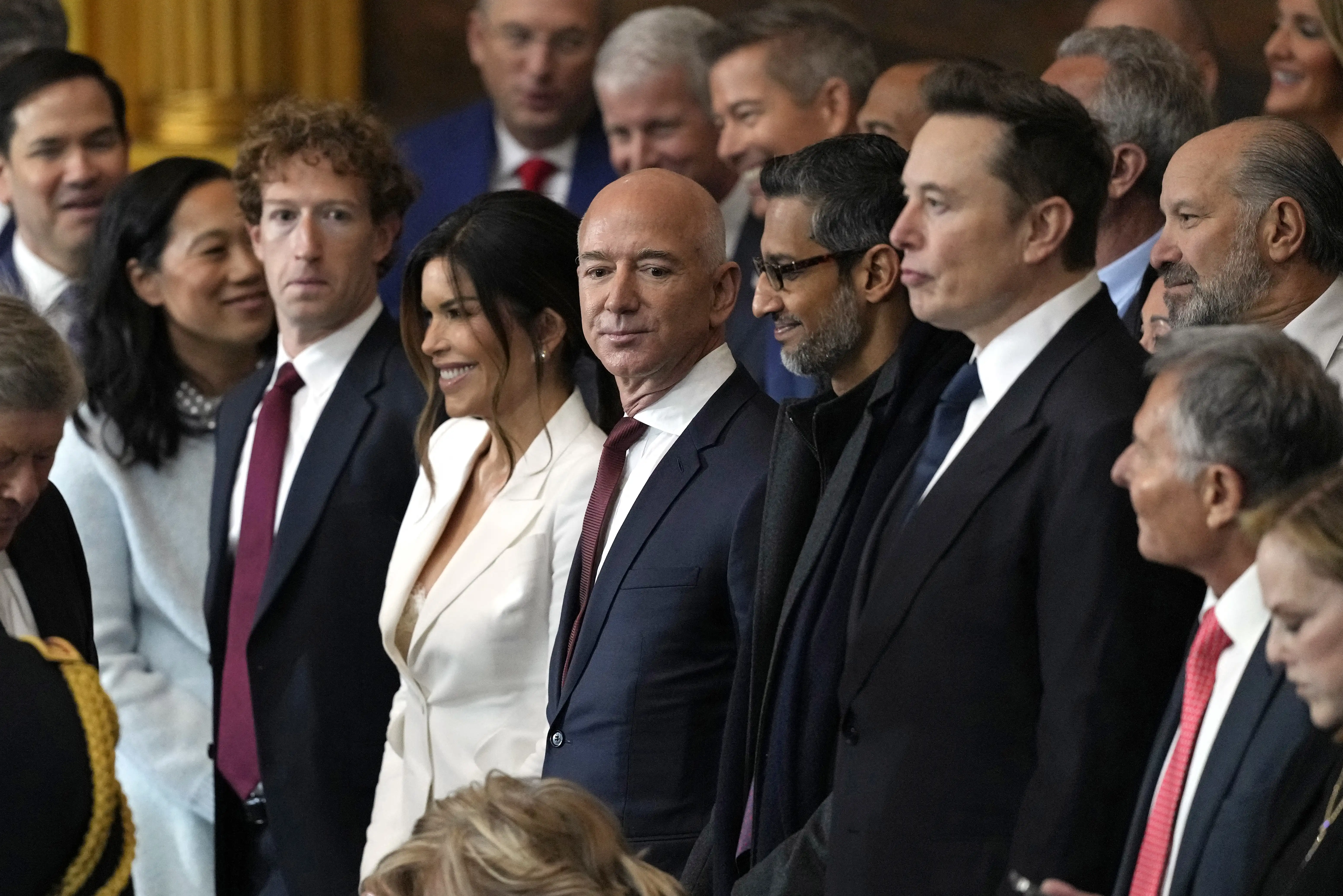
In popular culture, we’re seeing contestants on television shows like the Australian version of Married at First Sight parroting the language of the ‘manosphere’, using controlling behaviour in attempts to manipulate female contestants, and talking of how women should be ‘good girls’ who allow themselves to be dominated.
So pervasive has the influence of 'manfluencers' become that women teachers are reportedly quitting their jobs because of a “resurgent male supremacy" among their students.
'Manfluencers' thrive in a newly reconfigured media ecology where YouTube now has a larger audience in Australia than Netflix, where young people prefer the authenticity of user-generated content over mainstream media, and where algorithms and recommendation engines can drive people to extreme content.
This content gains traction in a society where the cost of living has become almost impossible and the cost of housing has moved out of reach.

Politics & Society
How the toxic went mainstream
This has, in turn, altered traditional parenting roles as young people delay major life decisions, while finding themselves carrying the deferred financial debts of their education and the deferred social and economic debts of the chronic failure of governments to act on climate change.
These are all factors that show up in the polling.
It’s no wonder many young people are angry and disenfranchised, not least young men who (like young women) have seen their social role and opportunities diminish.
But on top of this find themselves demonised in the media as irredeemably ‘toxic’ and a social problem in the making.
Taking the disenfranchisement of young people seriously
Young men are not an undifferentiated mass.
While the misogyny of the 'manosphere' requires urgent policy attention, stigmatising and demonising young men is counterproductive, potentially feeding the vicious cycle of radicalisation.
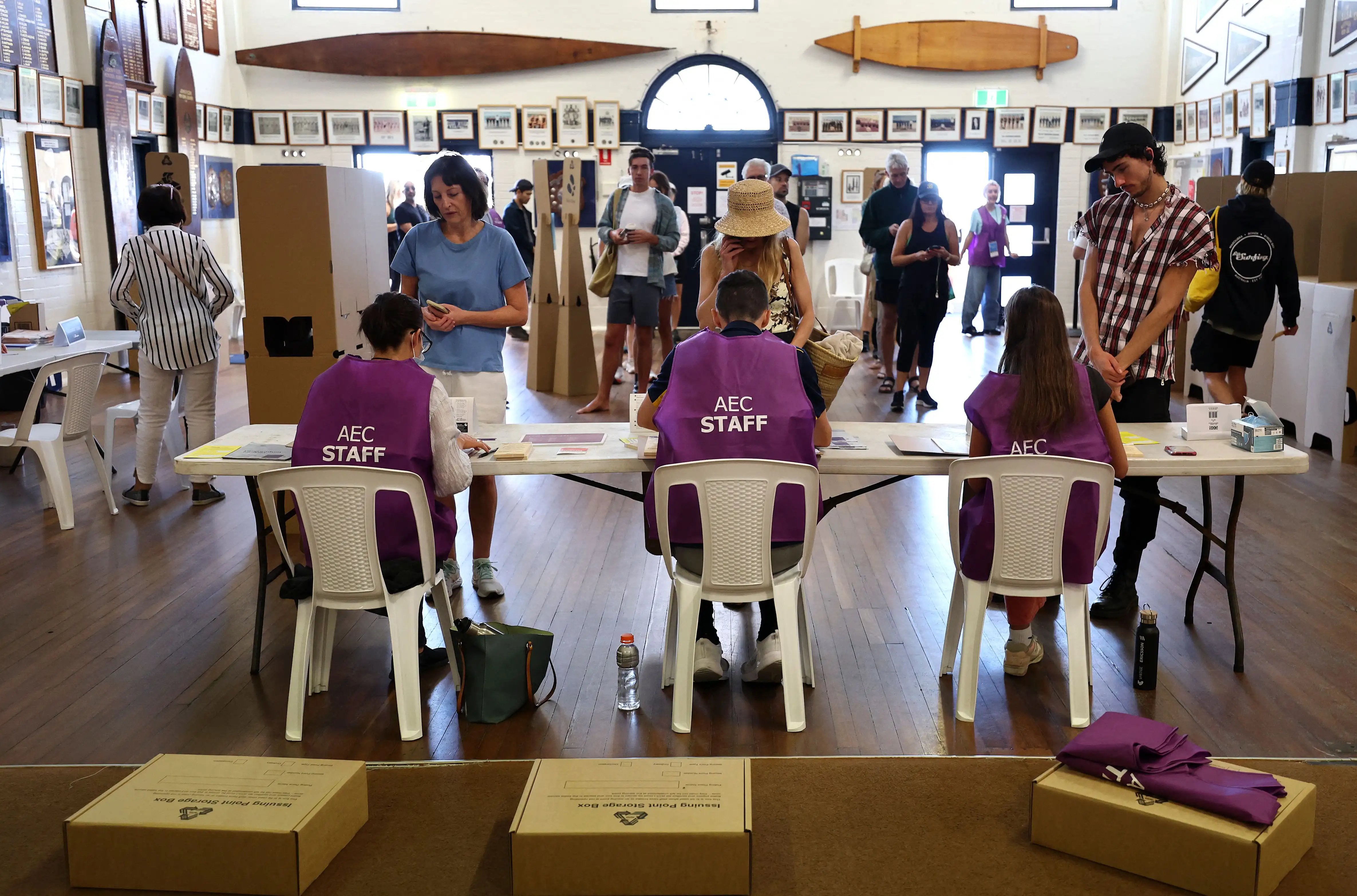
The alternative is to take the disenfranchisement of young people seriously.
This means seeing the economy, the environment, the housing market and the job market from the point of view of those who will inherit them.
Politicians, however, only seem interested in exploiting young men for a vote.
In this respect, our politicians are not so different to the 'manfluencers' who build their business models on exploiting many young men’s sense of disenfranchisement and discontent.
